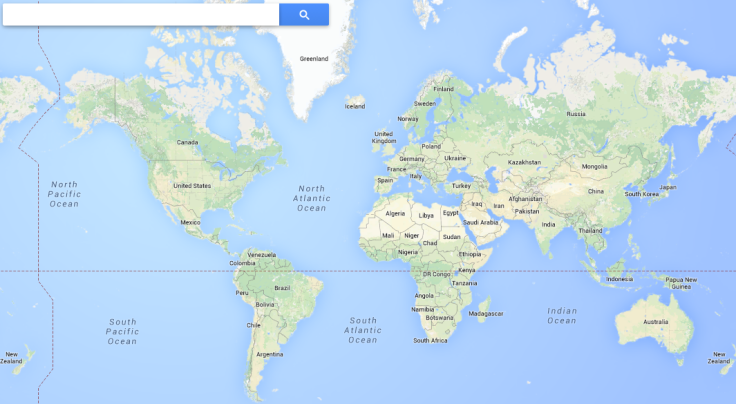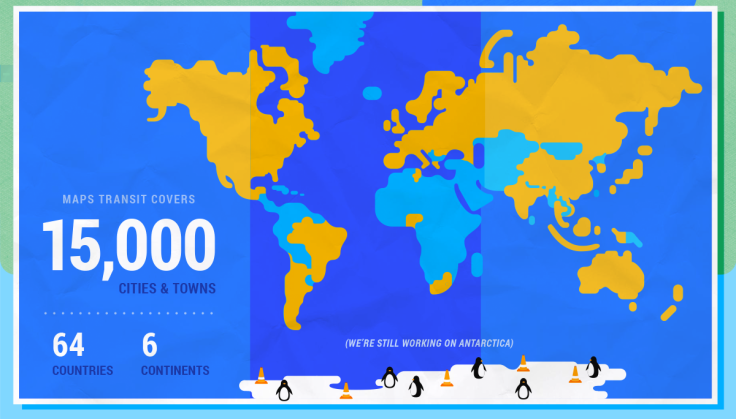Google Maps Goes Global With Public Transit Directions In New Cities (NASDAQ:GOOG)

Google Inc. (NASDAQ:GOOG) announced Thursday that its Maps software is expanding to provide public transit directions, as well as real-time traffic updates incorporating traffic jams and train delays, in new cities across the world.
In the U.K., Google Maps now can track “every single transit route” in England, Scotland and Wales. Google says it also added Chicago and select cities in Brazil.
Google’s incorporation of traffic alerts shows a further integration of Waze, which it bought for $1 billion last June, into the company’s products. Waze is a GPS navigation app that asks users to report heavy traffic, police activity and other incidents that slow down traffic, so it can route others around the congestion.

Microsoft Corporation’s (NASDAQ:MSFT) competing Bing product has had a similar mapping feature for cities in the U.S. as well as Vancouver, British Columbia, since 2010, while Google is just getting around to adding the Canadian city. Google claims its Maps now covers “over 15,000 cities and towns worldwide.”
Google recently updated its mobile Maps apps to give lane guidance on the highway, allow users to save maps for offline use, list train departure times, and added Uber as an option for public transit. The desktop version of Maps also now incorporates "Quick facts," a knowledge card that gives information about tourist destinations.
Google is reportedly in talks with auto manufacturers to bring its self-driving car concept into new vehicles as it faces competition in the field. Nokia – whose cell phone business was purchased by Microsoft – is also actively pursuing the technology.
While Google’s brand may be synonymous with the self-driving, or autonomous vehicle concept, Nokia’s mapping software powers four out of five car GPS systems, and on May 5 it announced a $100 million investment in the technology. Tesla Motors (NASDAQ:TSLA), Volvo (OMX:VOLV B) and Mercedes-Benz (FWB:DAI) have all announced that they too are working on their own driverless cars.
Follow Reporter Thomas Halleck on Twitter.
© Copyright IBTimes 2024. All rights reserved.











